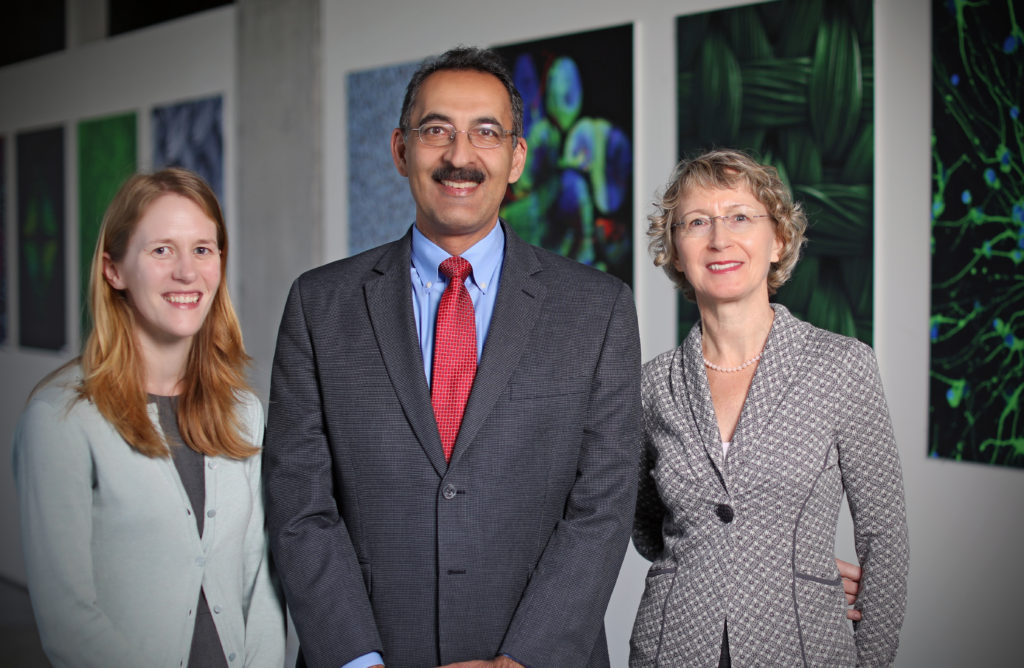
In aggressively pursuing a personalized medicine plan, according to Dean David Perlmutter, MD, the School of Medicine will focus on areas where it currently has “enormous” capabilities in dedicated laboratories: Alzheimer’s disease; cancer, in particular breast cancer and leukemia; emerging infections, autoimmune diseases and antibiotic resistance; and obesity and diabetes.
To enhance these capabilities, the school is building and utilizing key centers. As a matter of efficiency, each research lab cannot feasibly recreate all the different functions it needs, so centers are a way for the school to develop and provide needed infrastructure at the interface between clinical medicine and basic science.
“Tackling these issues demands a rigorous flow of work,” Perlmutter says. “You have to know the gene, find the environmental trigger, study the pathway, understand the proteins, have a diagnostic, and be able to make a drug. It’s a long path to our ultimate goal of improving outcomes, and these centers play a critical role along the path.”
Centers also help labs conduct sophisticated research more economically. The annual cost of all this painstaking work is high. So until researchers have data to support their hypotheses — allowing them to apply for funding from the NIH, larger foundations or industry — the labs depend on generous private funding for their initial support.
Further, centers allow researchers to take risks — and high-risk efforts can lead to high-yield results.
“Thanks to funding from a high-risk funding source, we recently conducted some very high-risk studies that were groundbreaking,” says Skip Virgin, MD, PhD, the Edward Mallinckrodt Professor and head of the Department of Pathology and Immunology. “By discovering that an autophagy gene controlled Crohn’s disease, we opened up a whole new field of research. And finding answers to questions that have long perplexed the research community is what all our labs and centers are about.”
Supporting centers
ELIZABETH H. AND JAMES S. MCDONNELL III GENOME INSTITUTE
One of only three NIH-funded large-scale sequencing centers in the U.S., the McDonnell Genome Institute is a world leader in genome sequencing and analysis.
Acting director: Susan Dutcher, PhD, Professor of Genetics
ANDREW M. AND JANE M. BURSKY CENTER FOR HUMAN IMMUNOLOGY AND IMMUNOTHERAPY PROGRAMS
Researchers work to understand the immune system and its potential for treating cancer, fighting infection and providing novel treatments for immune disorders.
Director: Robert Schreiber, PhD, the Andrew M. and Jane M. Bursky Distinguished Professor of Pathology and Immunology
THE EDISON FAMILY CENTER FOR GENOME SCIENCES AND SYSTEMS BIOLOGY
The center addresses global health issues by researching how microbes, especially our gut microbiome, affect our well-being. This research has fundamentally changed our understanding of obesity and childhood malnutrition.
Director: Jeffrey I. Gordon, MD, the Dr. Robert J. Glaser Distinguished University Professor of Pathology and Immunology (For more, see “The father of the microbiome” in spring 2017, magazine.wustl.edu.)
CENTER FOR CELLULAR IMAGING
Researchers provide advanced microscopic imaging of cellular structures to improve the understanding of human health and disease.
Scientific Director: James Fitzpatrick, PhD, Associate Professor of Neuroscience and Cell Biology and Physiology
CENTER FOR DRUG DISCOVERY AND THERAPEUTICS
The center advances new drug discovery and finding better, safer and more effective ways to use existing drugs to treat disease and improve human health.
Director: Michael Kinch, PhD, Associate Vice Chancellor and Director, Center for Research Innovation in Biotechnology
CENTER OF REGENERATIVE MEDICINE AND SIMPLE MODEL ORGANISMS
Scientists explore the regenerative properties of cells and tissues to develop new treatments that could regrow organs and restore health.
Co-Directors: Farshid Guilak, PhD, Professor of Orthopaedic Surgery; Lilianna Solnica-Krezel, PhD, the Alan A. and Edith L. Wolff Distinguished Professor and Chair, Developmental Biology
(With Gary Silverman, MD, PhD, the Harriet B. Spoehrer Professor and head of the Department of Pediatrics, Solnica-Krezel co-directs PreMIER [Precision Medicine Integrated Experimental Resources], a new initiative to harness the power of simple model organisms and human pluripotent stem cells for precision medicine.)
GENOME ENGINEERING AND INDUCED PLURIPOTENT STEM CELL (iPSC) CENTER
The center offers genome editing technologies to assist in generating modified cells and organisms; produce precise disease models; and support investigators in all aspects of generating, maintaining and differentiating induced pluripotent stem cells to study directly or differentiate into a variety of cell types.
Director: Xiaoxia Cui, PhD, Assistant Professor of Genetics
INSTITUTE FOR INFORMATICS (I2)
The institute uses advanced computational expertise to explore massive data sets and help discover individual and population-wide health benefits.
Director: Philip Payne, PhD, FACMI, the Robert J. Terry Professor
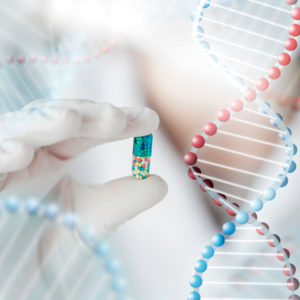
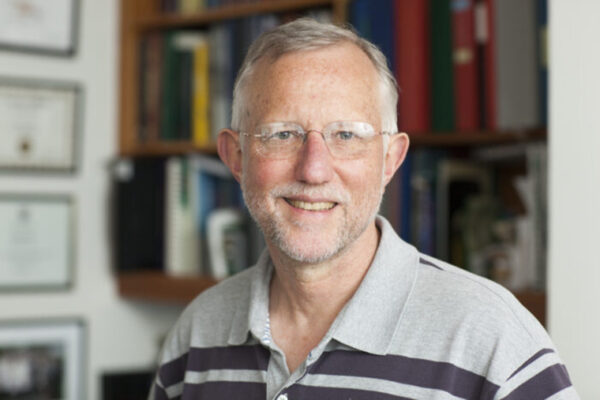
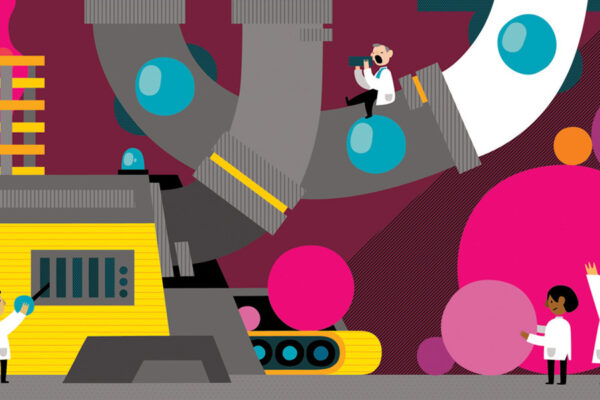
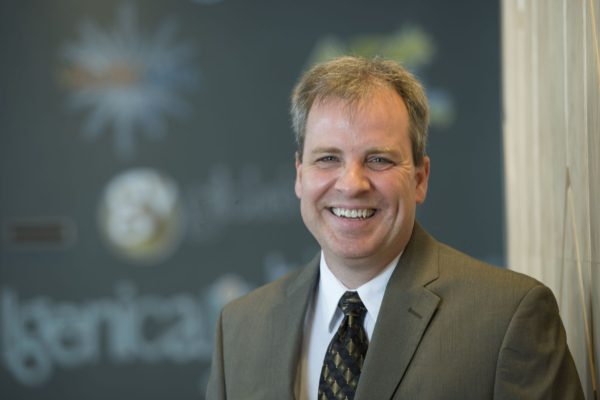
Comments and respectful dialogue are encouraged, but content will be moderated. Please, no personal attacks, obscenity or profanity, selling of commercial products, or endorsements of political candidates or positions. We reserve the right to remove any inappropriate comments. We also cannot address individual medical concerns or provide medical advice in this forum.